One of the fastest and easiest ways that hackers can gain access into a user’s accounts is through Phishing and by causing a user to download and run malicious files. Another way is to lead them to a website that injects malware into the user’s PC. All of these methods have the participation of the user, but these can all be prevented by practicing safe email habits.
Here are some simple, easy-to-apply, but super practical and effective safe email habits:
- Don’t open emails from unknown senders and odd email addresses.
- These are samples of actual email addresses that have been used to send Phishing emails:
- Always check the sender’s email address for legitimacy. Most of the time, there are warning messages for malicious emails.
- Savvier Phishing email hackers use email addresses that may be closer to the company they are trying to spoof or mimic:
- [email protected]
- [email protected]
- [email protected]
- WARNINGS:
- In order to make their emails look legitimate, scammers will most likely set the Sender Name to something similar to the site or company they are trying to spoof.
- For example, the email from [email protected] had “[email protected]” as its Sender. So if the user did not take a closer look, they might be fooled.
- Some emails are made up of an image that’s linked to a malware-injected or a Phishing website, so if the user decides to click anywhere on the email body, they’ll be led to that website, without any alternatives. As the end user, better send the email straight to the Trash and Empty the Trash ASAP.
- In order to make their emails look legitimate, scammers will most likely set the Sender Name to something similar to the site or company they are trying to spoof.
- WARNINGS:
- Savvier Phishing email hackers use email addresses that may be closer to the company they are trying to spoof or mimic:
- Don’t download or click on attachments from these types of emails.
- Always check if business and promotional emails, especially from financial institutions, are legitimate. This means that the emails have no warnings, follow the format from their regular domain, and are not asking for your login or other personal information.
- Never type your passwords into forms from suspicious emails.
In summary, here are the ways you can spot a Phishing or malicious email:
- Authentic emails from companies have domain emails (email addresses associated with their .com).
- Authentic emails contain links that match known, legitimate URLs.
- Authentic company emails generally have perfect grammar and spelling.
- Authentic company emails will never request or solicit personal, sensitive information via email.
- Authentic company emails won’t force you to a website that solicits personal and sensitive information either.
- Authentic company emails don’t send unsolicited and unexpected attachments.
- Authentic company emails will usually address you by your name and salutation.
Take note of our security tips, make sure that you’re very cautious in using your emails, use strong passwords and enforce 2-Factor Authentication for your cPanel, and your email experience at CLDY will always be safe and secure!






